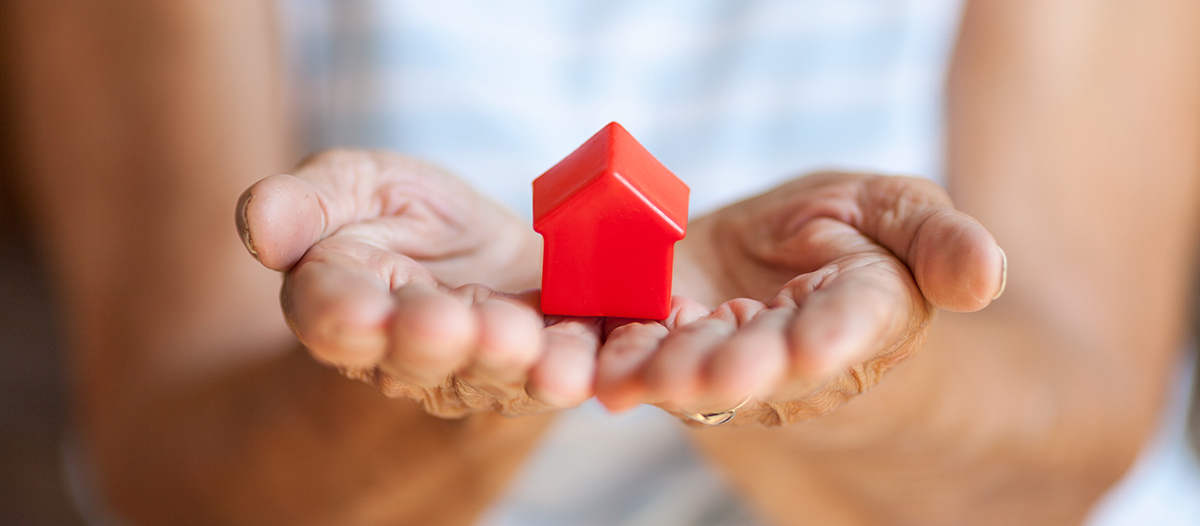Cleaning enormous loads of unnecessary items from your home is difficult enough. But it’s even more difficult to clear out things from a deceased estate.
Losing a friend or a loved one is a very distressing situation. Going through all their possessions might bring back all the memories you have with them.
It’s both emotionally and physically challenging to deal with a deceased estate clean up. But whether you like it or not, you will eventually have to do it and decide which stuff you should keep or dispose of.
You may be hesitant to start a deceased estate clean up because of the emotional burdens you’re feeling. That’s why Paul’s Rubbish Removal, a professional junk disposal company in Sydney, listed five tips for dealing with a deceased estate clear out.
These tips will help you plan things out and work through your longing and grief to get the job done.
1. Refer to the Will
Prepare yourself emotionally and check if your deceased loved one has specified any items that will go to a friend, a family member or a charity.
It will help you figure out who will inherit such things and start your deceased estate decluttering. Before you begin sorting, cleaning, and clearing out the items, you have to read the will first to ensure that the things go to the right person or place.
In most cases, you will have to work with the chosen lawyers to do the job correctly. Make sure to do this before starting a deceased estate clean up in Sydney.
2. Create a Timeline and Start Early
Make a plan on how long it should take to complete a deceased estate clean up. After creating a timeline, start the process as soon as possible to lessen the burden you are feeling.
Spend at least half a day cleaning items from each room of a deceased estate. If you do this, you will only take about a week or two to finish the task, depending on the house’s size and the number of possessions.
3. Secure Important Documents
Locate all valuable documents from a deceased estate. These may include insurance policies, wills, bank statements, certificate of title, tax returns and other information.
It’s crucial to secure such important documents to keep track of any legal or financial matters involving the estate or your deceased loved ones.
4. Sort Items Carefully
One essential task in a deceased estate clean-up is sorting. You will need to go through each room and perform a rough sort.
Categorise the items and set aside those that may be highly valuable. Besides, sentimental items such as pieces of art, photos, and antique furniture might be hard to let go of.
You have to weigh things out and sort everything carefully. Keep sentimental items together and make a pile for those with a borderline or high appraisal rate.
Sorting deceased estate items can be a lot of work. You might need the help of some family members to be able to go through things properly.
Consider inviting them when starting a deceased estate clean up. They can help you decide which things you should keep and which items need to go.
5. Consider Professional Help
Many people find a deceased estate clean-up too overwhelming. You typically have to deal with the memories, and emotional attachments you have for certain items in your deceased loved one’s house.
With this, it may be a better way to consider getting a professional deceased estate clean-up service in Sydney. The experts have years of experience dealing with various cleaning conditions.
They have always been keen and diligent in locating important documents. You can trust that these well-trained individuals can help you identify any sentimental clutter.
You can ask them for suggestions, and they will help you decide which items you need to throw in the rubbish bins, give away, or donate to charity.
Losing a loved one is a challenging time. With a professional deceased estate clean-up, you won’t have to feel the emotional and physical burden of going through your loved one’s things by yourself.







